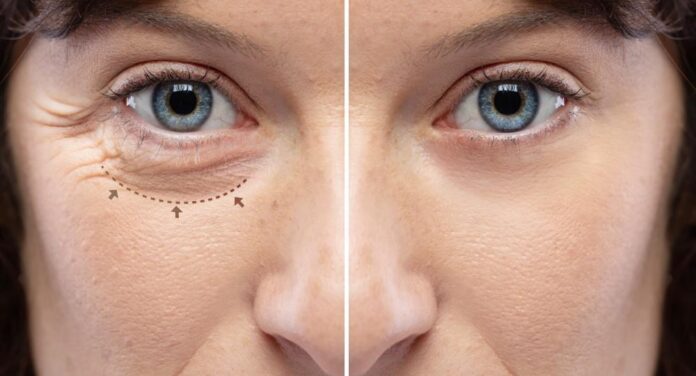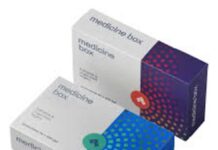Oculoplastic surgery is performed around the eyes to treat drooping eyelids, orbital fractures, eye tumors, or blocked tear ducts. An oculoplastic surgeon performs the procedure and gives instructions on caring for the eye for a speedy recovery. If you decide to improve your appearance with oculoplastic surgery, you must wait for the eyelids to heal. Here is what happens after eyelid surgery:
After the Surgery
Your surgeon will monitor your progress in a recovery room. They will help to reduce post-operative swelling using an ice compress. After the anesthesia wears off, you can go home with a family member or friend.
Read Also: What Should I Avoid Before My Hyperbaric Treatment Session?
Recovery
Full recovery after eyelid surgery takes time. Oculoplastic surgery has side effects like any operation, which are temporary and minor. Common side effects include:
Bleeding
Mild bleeding on the site of the incision is not uncommon. The bleeding occurs when patients raise their blood pressure by sneezing, coughing, lifting, or straining.
Avoid doing strenuous activities after the surgery to prevent bleeding complications. Elevate your head and relax, especially during the first few days after surgery.
Swelling
Swelling is normal around the eyes, face, and cheeks. The eyelids may shut completely for a while after the surgery.
The swelling will begin to subside after the third day. Use ice packs to reduce the swelling.
Pain
Take prescribed medications to reduce pain. Discomfort and pain should start to reduce after three days. Don’t operate machinery or drive until you stop taking pain medications and your vision gets clear.
Other minor side effects are:
• Burning
• Itching
• Eye dryness
• Tightness of the eyelids
• Nausea and vomiting
• Discoloration
How to Care for Your Eyes After Oculoplastic Surgery
Your eyes will be itchy, sticky, dry, and watery for several days. You will feel sore and tight, and your vision will be blurry. Avoid rubbing your eyelids and keep them clean to reduce discomfort and pain.
Follow the instructions given by your surgeon on how to care for and clean your eyes to prevent the likelihood of an infection. Take the antibiotics as instructed, even if you feel better. If you experience an unfavorable reaction or rash, discontinue use and notify your healthcare provider.
Wash the skin incision with soap and water at least three times daily. Do so gently and pat the area dry. Keep the incision dry by cleaning it with warm water, hydrogen peroxide, and a Q-tip.
Use an antibiotic ointment or Vaseline to prevent the incision from drying or crusting. The stitches will dissolve, or your surgeon may remove them a few days after surgery.
When to Seek Help
Call your surgeon if you experience something unexpected or abnormal. Here are signs that you may have another complication or an infection:
• Redness around the site of the incision
• Bleeding that is uncontrollable with light pressure
• Increasing bruising and swelling
• A temperature that rises above 100.4 degrees F
• Green or yellow discharge at the site of incision
• Severe pain
Tips to Accelerate Your Recovery After Oculoplastic Surgery
Take Time off to Heal
Most people return to work two weeks after oculoplastic surgery, but you must prepare for your recovery time. Take care of your primary responsibilities in advance. Clear your schedule and focus on resting.
Shield Your Eyes from Sunlight
Safeguard your eyes from sunlight by wearing dark sunglasses that cover the sides of your eyes. Put on a hat for additional protection. Apply sunscreen and follow post-surgery instructions.
Avoid Stressing Your Eyes
After eyelid surgery, avoid reading books, checking email, or watching TV for a week. These activities can cause dry eyes, which you should avoid for a speedy recovery.
Rest
Lack of sleep can slow down your healing. Getting quality sleep at night helps to speed up recovery. Healing requires plenty of energy.
After surgery, it’s normal to feel more tired than usual. Take naps whenever you feel tired.
Look for the Best Oculoplastic Surgeon
An oculoplastic surgeon will help you prepare for the procedure. Look for a qualified surgeon to perform the surgery and make sure that your recovery is fast and easy. Contact a qualified surgeon if you need eye or eyelid surgery.








































